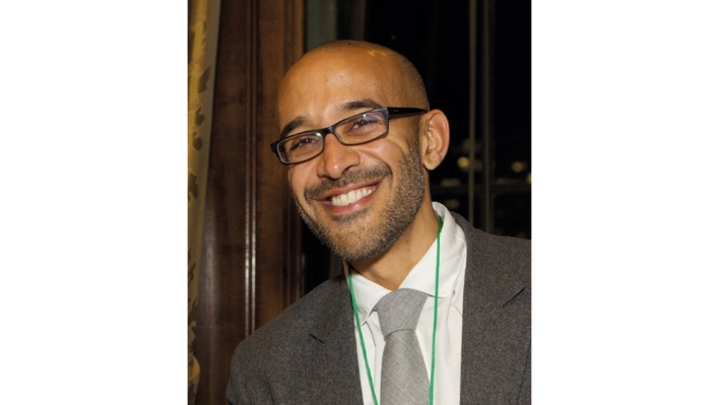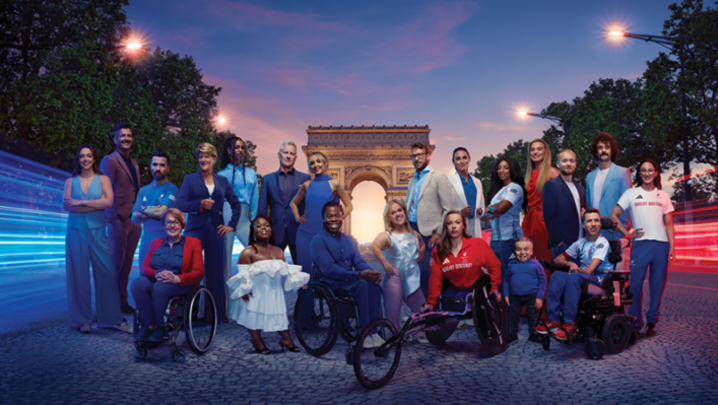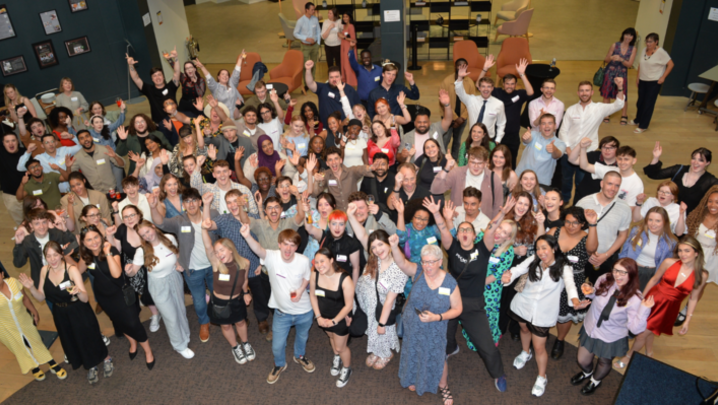Helen Tonge hopes for a better ride for the screen sector as she seeks ways to help struggling freelancers
I’ve always loved going on rollercoasters: the sharp curves, sudden changes of direction and speed – a few minutes of pleasure to take you out of the norm. But too much of anything is never good, is it? And it feels like our industry has been on this particular ride for too long.
I can’t really compare these last few years since Covid to a fairground ride. It’s certainly not as enjoyable. But, in the North West, us TV folk like a challenge. We rise to it. The ups and downs are something we have always ridden.
There’s a rich history here of grit, determination and a desire to “just get on and find a way”. Yet now, since we crossed the halfway line of 2024, I feel like it’s time to get off this rollercoaster and start looking at how we can diversify, collaborate and find new revenue streams.
With the downturn in 2020-21, followed by the see-saw effect of over-commissioning in 2022, we were all trying to find our balance. Perhaps, as we lifted our heads last year to see if things would steady, we didn’t anticipate that this would spell real trouble for TV producers.
We hadn’t bargained for an economic downturn, rise in interest rates, slump in ad revenue and brands falling in love with every other platform apart from linear TV. Did I mention the writers’ strikes? And throw in the rapid rise of AI, as well.
So what now? It is great to see that, as an industry, we are keen to rally round and find solutions. I think this is what we do best. Some genres are flourishing – it’s brilliant to see drama and reality flying high – and, as always, Manchester and the North West lead the way in these.
If you have a returnable series, then the chances are that you’ll find a green light this year. Crime also continues to do well, but overall commissioning spend is down considerably.
I recently attended a wonderful roundtable event organised by the Film and TV Charity. We discussed how we, as company owners, are doing, and how we can find new ways to support freelancers.
Some of the experiences were tough to hear about. In July, Bectu announced that a staggering 52% of the UK film and TV workforce was out of work. Yet, in some ways, this was an improvement – in February, the figure was 68%. But the recovery has been slow.
However, I felt buoyed at how the various agencies have been pulling together. The Film and TV Charity is providing support in the form of grants, counselling and creating a resource called the Whole Picture Toolkit to encourage mentally healthy productions. There are also fundraisers, webinars and the offer of free workspace in London.
Teaming up with the likes of RTS North West and Screen Manchester, and engaging with Andy Burnham, the Mayor of Greater Manchester, shows how we are all dedicated to finding solutions. And then there’s the conversation about digital. It is an area championed and supported heavily in Manchester, arguably more so than television, so maybe now is the time for that to change?
For there to be real collaboration and to foster creativity, digital content offers an opportunity to develop something new. Don’t get me wrong. There are pockets of brilliance out there, but it still feels a bit siloed, with no obvious path forward.
We have an unbelievable wealth of talent in this country. The world has always looked to us for quality TV production. We’ve been industry leaders for decades. Now it’s important to stay strong and pivot during this industrial revolution to help shape a future that our disheartened freelancers want to return to, and young, eager students want to work in.
Right, I’m off to ask ChatGPT what to do!
Helen Tonge is CEO of Title Role Productions. Its series include The Cruise: Fun-loving Brits at Sea and Crimes That Shook Britain.







